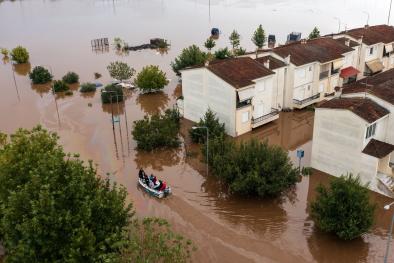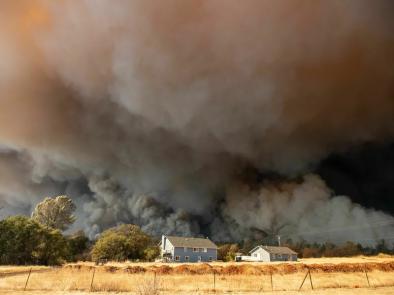Wildfire Smoke Harms To Linger

While the immediate impacts of the dangerous pollution across the eastern U.S. from Canadian wildfires are clearing, the long-term risks of toxic air pollution, are not going away. Major League Baseball games, hundreds of airline flights, a White House Pride event, and even children's swimming lessons were canceled or postponed due to the toxic smoke. "The data shows that wildfire smoke is 10 times as toxic to children compared to the pollution that the Air Quality Index was built off of," Lisa Patel, a pediatrician and head of the Medical Society Consortium on Climate and Health, told the Washington Post. Climate change is increasing the size, frequency, and intensity of wildfires as well as the length of the fire season and multiple studies have found the fingerprint of global warming in Canadian wildfire activity. The long-term effects of the horrific air quality, especially in a region unaccustomed to such high levels of air pollution, are unknown, and even if quantified are unlikely to be included in official calculations of the cost of climate change. Meanwhile, though not the source of American air pollution, wildfires in Alberta, just downstream from oil sands extraction operations, forced the remote Indigenous community of Fort Chipewyan to evacuate ahead of a 60,000-acre wildfire. (Baseball: AP; Flights: NBC, Bloomberg $); Pride event: Bloomberg $, The Hill; Swimming lessons: Hot News staff; Wildfire smoke toxicity: Washington Post $, New York Times $; Outdoor worker impacts: AP, Washington Post $; Long-term damage: Heatmap $; Alberta fire: Democracy Now)
(Climate Signals background: Wildfires)
To receive climate stories like this in your inbox daily click here to sign up for the Hot News Newsletter from Climate Nexus:
Related Content






